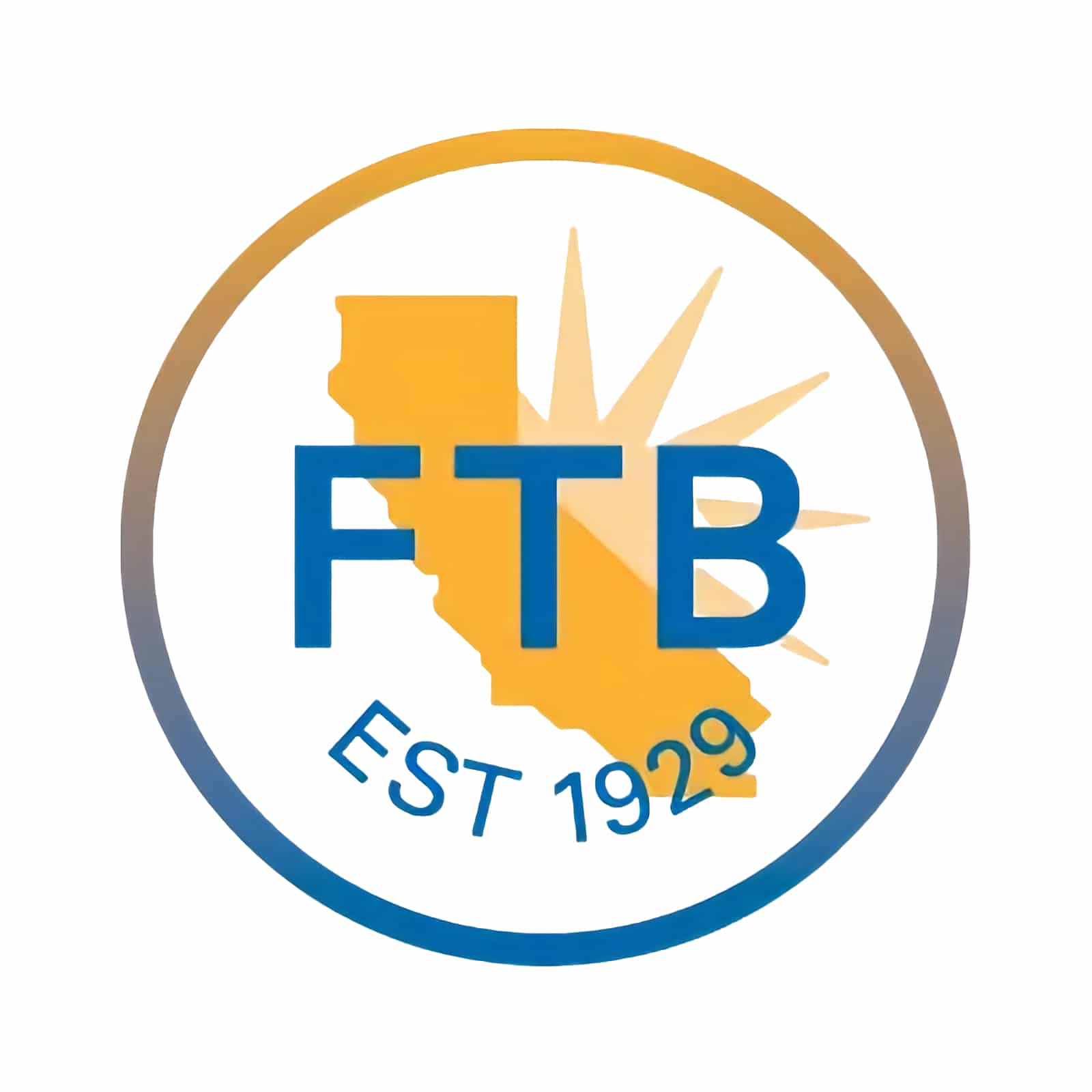FTB Notices
FTB Notices and their definitions.
- Request / Demand for Tax Return
- Notice of Tax Change or Return Information Notice
- Income Tax Due Notice
- Court-Ordered Debt (COD)
- Vehicle Registration Debt
- Earnings Withholding Order
- Order to Withhold
- Notice of Tax Lien
- Demand for Payment
- Collection Referral
- Collection Notice from a private
collection agency on behalf
of the Franchise Tax Board - Audit Contact Letter
- Notice of Proposed Assessment
- Intent to Offset Federal Payments
- Intercept Notice
Request / Demand for Tax Return
 The FTB has no record of your California personal income tax return for the year and they are requesting you send this as soon as possible.
The FTB has no record of your California personal income tax return for the year and they are requesting you send this as soon as possible.
Notice of Tax Change or Return Information Notice
The FTB will send you FTB notices to inform you of the following: adjustments they made to your income tax return, any application of credits to prior year liabilities, unclaimed credits on your account, and any discrepancies between the estimated tax payments claimed on your return and the payments the FTB had credited to your account. If you disagree with the adjustments the FTB has made, review all documentation carefully, contact the FTB to resolve your account.
Income Tax Due FTB Notice
If you do not pay your balance due or contact the FTB within 30 days of receiving this notice, they can impose collection fees, contact third parties, file state tax liens, and/or take other collection actions.
Court-Ordered Debt (COD)
The FTB collects delinquent court-ordered debt for certain courts and agencies.
Vehicle Registration Debt
If you have delinquent vehicle registration debt, the FTB will collect on behalf of the Department of Motor Vehicles.
Earnings Withholding Order
In this circumstance, sometimes referred to as a wage garnishment, your employer is ordered by the FTB to send a percentage of your wages to pay off your state tax liability or other debt which the FTB is authorized to collect. These delinquent balances can include taxes, penalties, fees, and interest, as well as non-tax debts owed to other government agencies or courts. Typically, garnishments are about 25% of a taxpayer’s disposable income.
Order to Withhold
This order, also known as a bank garnishment or bank levy, is sent to your financial institution to attach your assets in order to pay your debt. The FTB can place these levies to collect 100% of your delinquent tax balance, penalties, fees, and interest. They also issue levies for nontax debts like Court Ordered Debts and Vehicle Registration Debts.
Notice of Tax Lien
The FTB can file a lien against your real or personal property to secure an amount you owe. To get a lien released, you must pay the total tax liability, including any penalties and/or accrued interest.
Demand for Payment
You must pay the amount you owe to prevent further collection action. If this is regarding a DMV charge, it is because of a delinquent vehicle registration fee.
Collection Referral
If you do not pay the balance in full to the FTB or contact them within 30 days from the date of the notice, they may refer your account to a private collection agency.
Collection Notice from a private collection agency on behalf of the Franchise Tax Board
The delinquent balance from your account has been referred to a private collection agency. If you have received this notice, contact the agency at the phone number listed on your notice.
Audit Contact Letter
The FTB is examining your return and may send more information at a later time.
Notice of Proposed Assessment
The FTB has made audit adjustments to your account for a specified tax year, listed on the notice.
Intent to Offset Federal Payments
If you have received this notice, the FTB intends to submit your debt to the U.S. Treasury Offset Program if you do not pay the balance in full. The FTB can then intercept eligible federal tax payments (including IRS refunds) which may be due to you, and could result in an additional offset fee.
Intercept Notice
In this circumstance, the FTB has intercepted your state income tax refund, lottery winnings, or unclaimed property payment (up to the amount you owe) to pay delinquent debts to state, local, or other government agencies.
